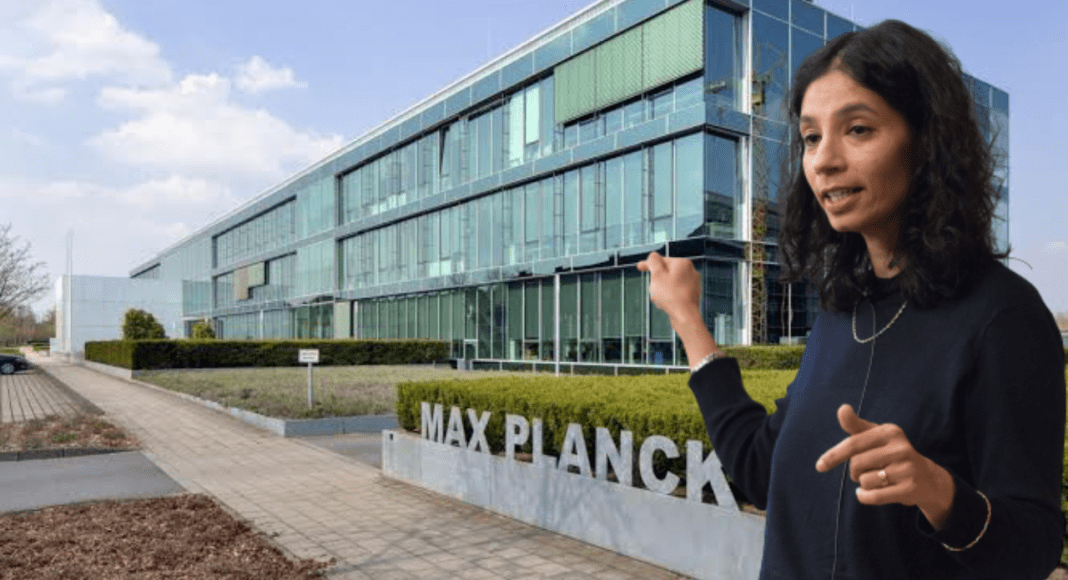Asifa Akhtar, a Pakistani scientist, became vice president of the Max Planck Society’s Department of Biology and Medicine. She is the first international vice president of the research organization.
In her new role, Asifa will oversee all departments under the Department of Biology and Medicine. She will also be the main point of contact for the Max Planck schools. As Vice President, she wants to focus on the communication and career development of young researchers.
Read Also: These Two Pakistanis won the Facebook Asia Pacific AI award
It will also expand a diverse and integrated scientific community in the Max Planck Society. She said that academic science can be a good example of diversity, as researchers from all over the world exchange ideas and knowledge regardless of cultural differences and prejudices.
"#Science is a beautiful example of integration because you have people from all over the world exchanging knowledge beyond boundaries, cultures or prejudice." Our new Vice President Asifa Akthar @mpi_ie @AsifaAkhtar1 @mpi_ie @maxplanckpress https://t.co/39aUHCetd8 #womeninstem pic.twitter.com/cnF5FY0a6q
— Max Planck Society (@maxplanckpress) July 13, 2020
Asifa Akhtar also plans to promote gender equality in society and scientific research in general. She believes there are excellent women in science and will strive to integrate them into society. She suggested that many career opportunities for women could be made more accessible and accessible to women if they were given practical solutions, such as childcare and timeshare or a home office.
The Max Planck Society is a German-based scientific research organization. Founded in 1948, it is considered one of the most famous institutions in the world. The Max Planck Society has a total of 18 Nobel Prize winners.
Asifa Akhtar became part of the Max Planck Society in 2009 after leading his own research at the European Molecular Biology Laboratory (EMBL).
Asifa Akhtar was born in Karachi and received his undergraduate degree from UCL and Ph.D. 1997 with the Imperial Cancer Research Fund in London, UK. After moving to Germany, she became a postdoctoral researcher at EMBL and the Adolf Butenandt Institute in Munich from 1998 to 2001.
She has received several awards for her epigenetic research, including the Early Career Award from the European Life Science Organization in 2008 and the Feldberg Award in 2017. She was elected EMBO in 2013 and also the Leopoldina National Academy of Sciences in 2019.


